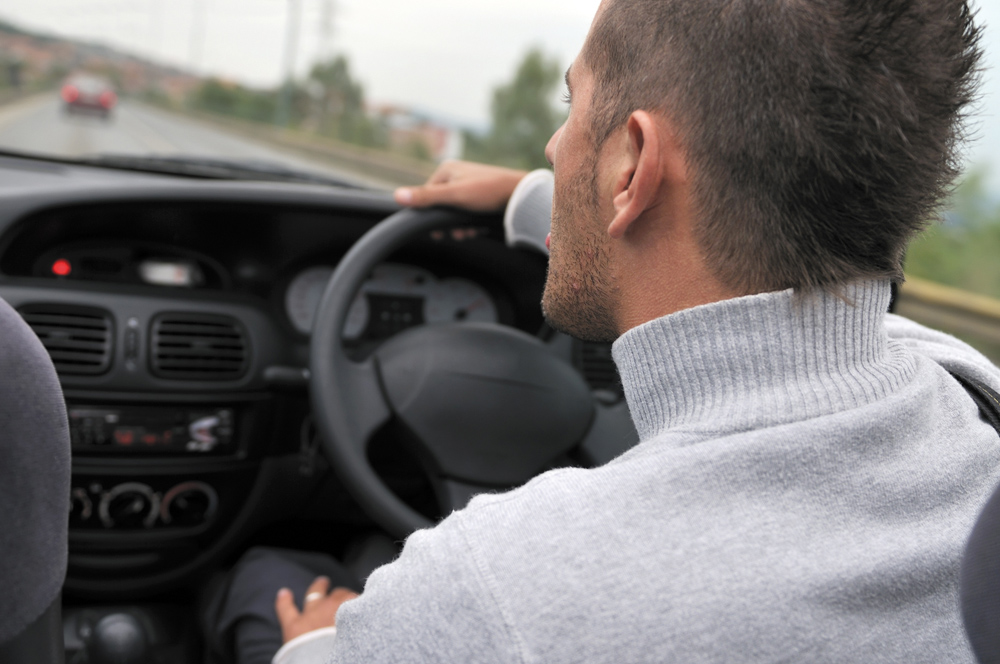Insurance
Drink driving: do you know all the consequences?

Most people don’t ever intend to drink and drive but Jeanette Miller of specialist motor offences firm Geoffrey Miller Solicitors warns about the consequences of having a tipple and getting behind the wheel.
Approximately two million people were off booze throughout ‘Dry January’ so they may be more susceptible to the effects and many don’t understand how many units they can have. Below are the far reaching consequences of a drink driving conviction.
What’s the limit?
The present UK legal drink drive limits are 35 micrograms of alcohol in 100ml of breath, 80mg of alcohol in 100ml of blood, 107mg of alcohol in 100ml of urine.
Mandatory disqualification
If you’re found guilty of a drink drive or drug drive offence, you face a minimum mandatory disqualification of 12 months. The higher you are over the limit the longer the disqualification with no upper limit on how long you could be banned from driving.
For repeat drink driving offenders within a 10 year period, the minimum disqualification increases to three years.
Fine
In addition to a lengthy ban, a convicted drink driver faces a fine calculated to their earnings. Historically, the fine was capped at a maximum £5,000 but in 2015, the law changed to remove the cap so the fine will be based on 1.5 weeks’ net earnings.
Community order
If your alcohol reading is above a certain level (typically around 2-3 times the current limit) this is when a court will impose a community order.
Common orders imposed for drink driving are unpaid work (anywhere from 50-300 hours) via the probation service or curfews accompanied by electronic tags requiring an offender to be at a certain address between certain hours of the day (usually evening hours) for a specified period.
Custody
The maximum custodial penalty that can be imposed for drink driving is six months and this tends to only be considered where there was a very high alcohol reading (typically 3-4 times the drink drive limit or more) and repeat offenders.
If custody is imposed, then there would be no community order or fine as these penalties are interchangeable.
Criminal record
Some people mistakenly assume that a drink driving conviction is not a criminal offence. However, a conviction will appear on employment checks for several years depending on the level of penalty imposed.
Most employment contracts specify that a criminal conviction could lead to dismissal. If searching for a new position, this is when you must be honest in disclosing the conviction as failure to do so could see you in further trouble if you get the job but have not disclosed details of the conviction. The worst case scenario being a further prosecution for “obtaining a pecuniary advantage by deception”.
Professional consequences
Many professions have their own regulators with stringent rules on being free of criminal convictions. The most common professions affected are doctors; dentists; pharmacists; lawyers; accountants and brokers regulated by the FCA. If convicted of a drink driving offence these individuals may be at risk of losing their registration and therefore their livelihoods.
Insurance increases
When you are eventually entitled to drive again, you may struggle to secure competitive insurance terms. Many insurers simply refuse to insure drivers with a drink or drug drive conviction. According to research undertaken by Confused.com you could see an increase in insurance by as much as 115% over a five year period.
Restrictions on foreign travel
USA, Australia and Canada may well refuse you entry if you’re convicted of a drink or drug driving offence.
Reputational damage
As the courts rarely supress court reporting of cases that are heard, publication of your drink driving conviction could end up in the press so that your friends, family and colleagues learn of it.
Lower the limit and lower the penalty?
A recent survey by the Alcohol Health Alliance found that 77% of Brits support a lower drink-drive limit. As controversial as it may be, perhaps if the limit is to be lowered, there should also be a review of penalties imposed for lower level offenders.
Jeanette Miller is the managing director of Geoffrey Miller Solicitors